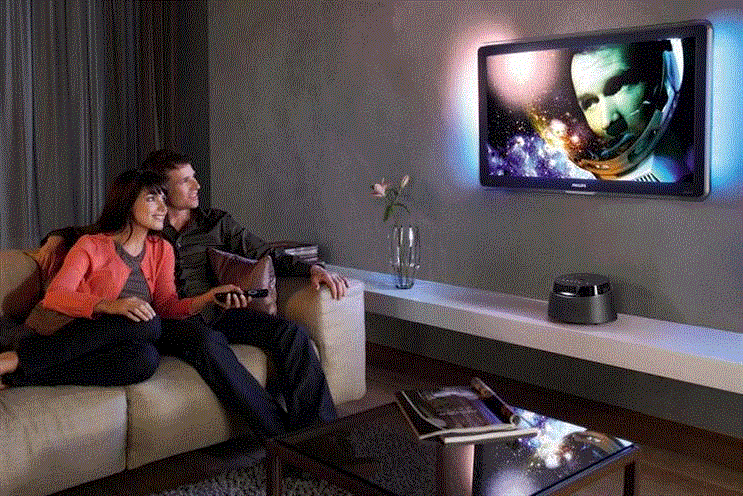It is EffWeek, so it is fitting that news of investment returning to TV advertising should be in the air. There is a lot less Eff without TV. No TV makes Eff weaker.
Post-recession, TV advertising in the UK had a very strong seven years of consecutive growth to record highs topping £5bn. Then the last 18 months happened and its growth inevitably stalled. TV hyper-reacts to the economy, good or bad, and recently it hasn't been so good. This coupled with the pressure on FMCG brands, which are some of TV's biggest investors, has bruised overall TV investment.
But the bruise appears to be healing. There are strong signs that growth is returning. In a recent interview with 北京赛车pk10 Procter & Gamble's chief marketing offier Marc Pritchard said that TV has "demonstrated that it gets broad reach and high engagement, the quality of the content has become significantly better and it’s very efficient and effective."
This is all true and the renewed confidence in TV advertising from the world's biggest advertiser is not isolated. We’re hearing that TV spend is beginning to increase more widely. Q4 – the first proper year on year comparison since the impact of the Brexit referendum – looks promising.
There are many reasons why the pendulum is swinging back towards TV. I prefer to think that they are mainly the positive ones, such as the clear business intelligence that proves TV advertising works; that it does many important jobs for businesses, from unlocking future growth to protecting market share to defending margins to ameliorating risk. TV gives the best return for the lowest risk and businesses want that now more than ever.
There is also the mood music in marketing. TV is continuing to play platinum-selling hits to packed-out stadia. Meanwhile, revelations about some areas of online advertising this year make it seem like it's blowing "When the Saints go marching in" through a traffic cone to annoyed passers-by.
We all want and need online standards to dramatically change for the better. No one wants to live in a world where Facebook can claim with a straight face that it reaches more people than exist; where brands are accidentally funding terrorism; or where it is possible to be charged for non-viewable, non-human views.
However this negative background makes TV's positives stand in ever-sharper relief. It is hard for brands to ignore. TV is the brand safest ad medium, 100% whitelisted. It has 100% viewability in a video world where partial glimpses are being sold. It is regulated and measured by a JIC.
Then there is the quality of TV's shows, as Marc Pritchard mentioned. ; the standard, variety and popularity of the shows that brands can associate with on commercial TV are second to none. There is a reason every tech company is trying to get into TV production.
So, although the pendulum has been given an extra shove by parts of online media having an annus horribilis (a bad year, not a fungal infection), I prefer to think that it is TV's obvious fungal-free strengths, not others' failings, which are swinging it back.
Lindsey Clay is the chief executive of Thinkbox


